The Booming Markets In Africa
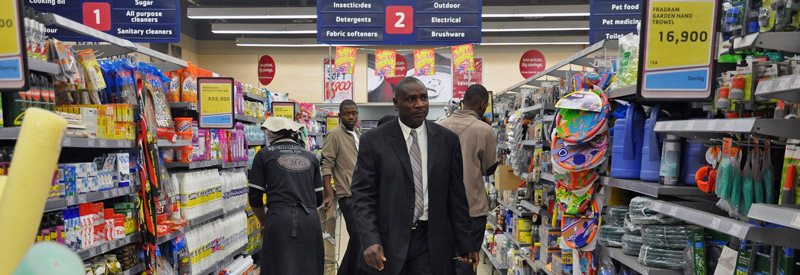
Many African countries have been increasing their spending on infrastructure such as airports, cities, hotels, ports, roads, bridges, hospitals, and power plants. Both west and east African countries continue to implement major infrastructure projects such as the Trans-African Highway network. This project is comprised of a transcontinental road which aims at integrating the region’s transport corridors to meet the growing demand for road transport by an increase in Intra-regional trade.
Recently, Kenya has unveiled a 280-million-dollar road rehabilitation project to improve its links with Tanzania and South Sudan.
Moreover, Lamu Port South Sudan Ethiopia Transport (LAPSSET) Corridor is a 25-billion-dollar project — which will link Kenya with Ethiopia, Uganda, and South Sudan. This far-reaching project involves a railway, a highway, a crude oil pipeline and a fibre-optic cable connecting the four countries. The project will also include several airports, resort cities, an oil refinery, a 32-berth port in Lamu and other supporting infrastructure mini projects.
Once completed, the LAPSSET railway will connect to West Africa’s Douala–Lagos–Cotonou–Abidjan Corridor, running through Cameroon, Nigeria, Benin, Togo, Ghana, and the Ivory Coast respectively.
As these projects progress both the cost of mobility and production are falling — which is helping many small businesses have access to more inter-regional connected markets. Additionally, the advance in the telecommunication capabilities is enabling millions of young educated and digitally connected population to connect, buy and sell goods. In a few years, the proliferation of mobile phone networks has transformed communications in sub-Saharan Africa. It has also allowed Africans to jump right to the digital age skipping the landline stage of development.
Many African non-oil exporting countries have impressive growth rates. Countries not dependent on natural resources are also progressing with economic reforms. These countries, which include Botswana, Ivory Coast, Ethiopia, Kenya, Mauritius, Morocco, Rwanda, Senegal, Tanzania, and Uganda, posted an average GDP growth of 5.8% a year between 2010 and 2018.
While it is true that the business environment is still not fully developed, and that many countries still have to do more to reduce bureaucratic rules and to create stronger independent institutions, these existing challenges do not diminish business opportunities. Some global consumer companies, such as Samsung, Transsion, Nestlé, LG, and Colgate, have been able to overcome challenges and gain market share.





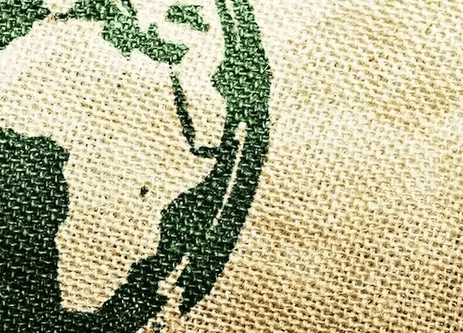
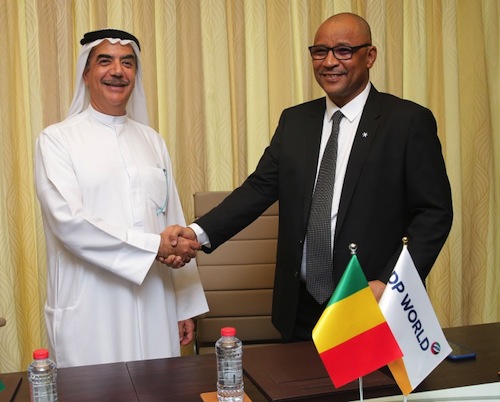
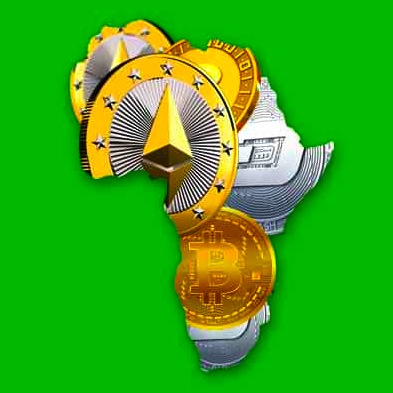
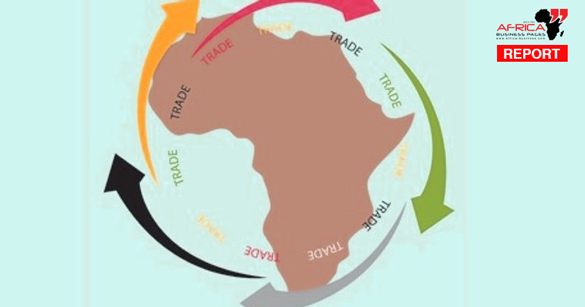
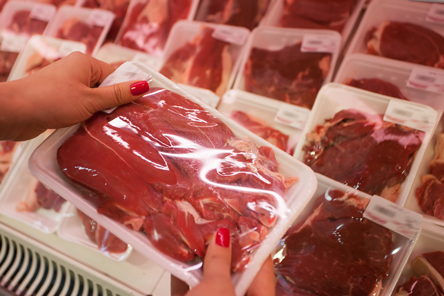
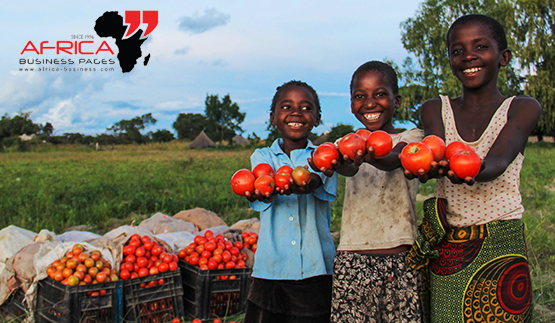
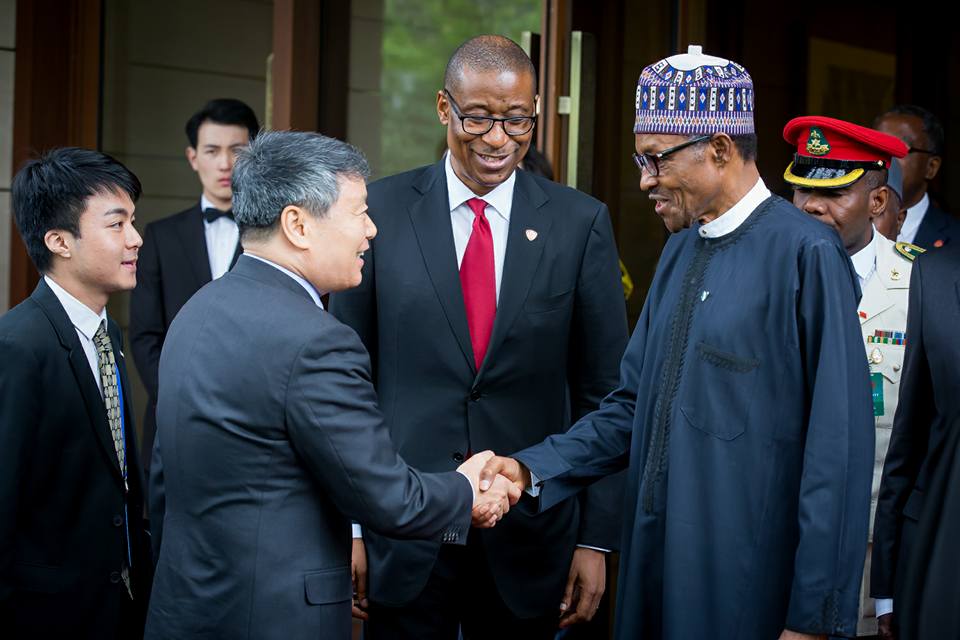

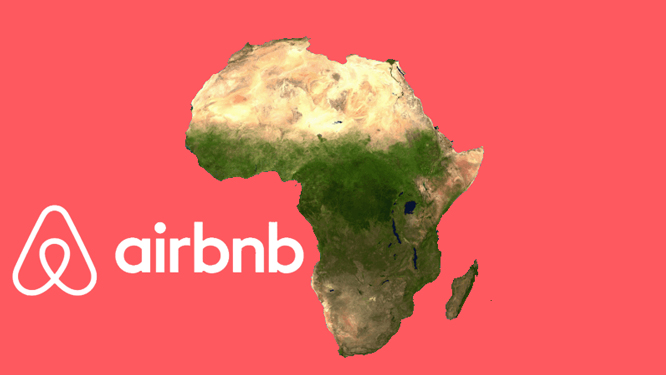
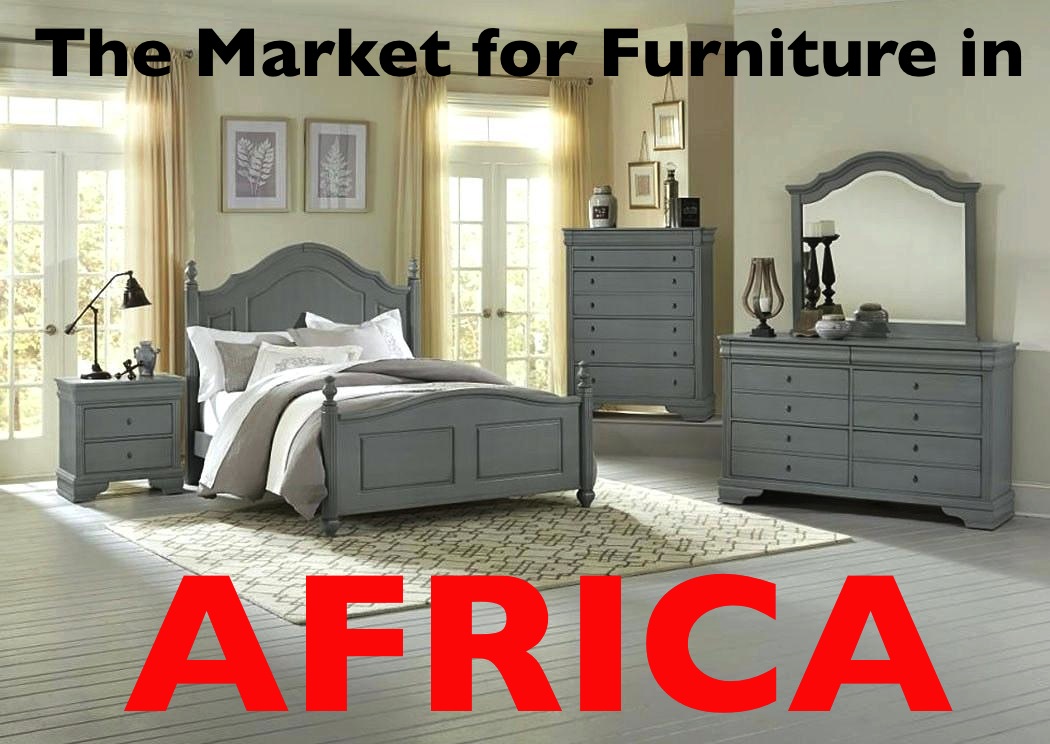
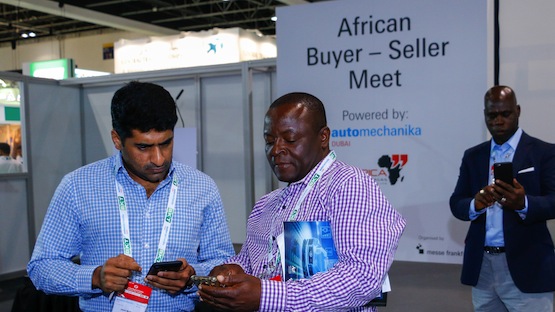
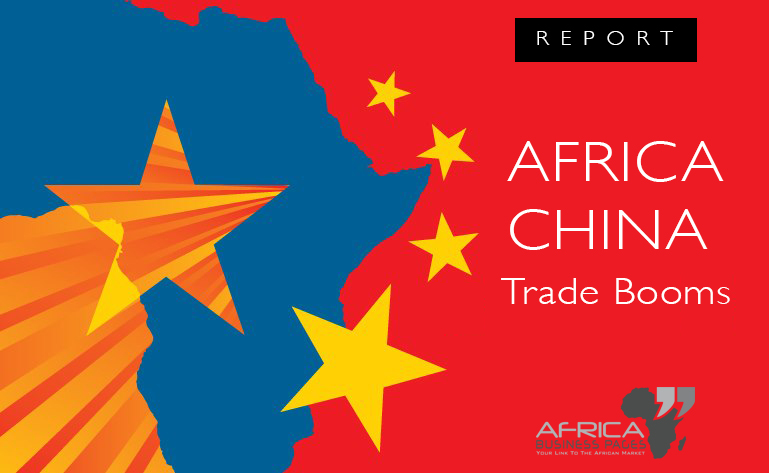

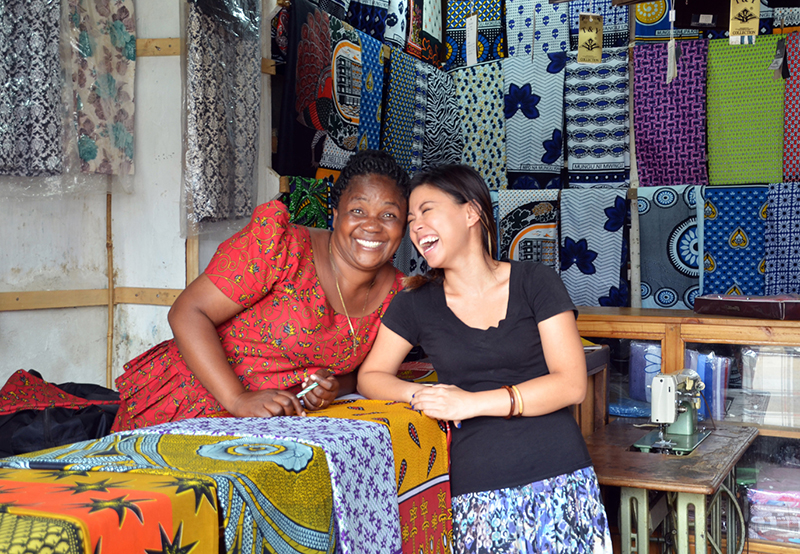



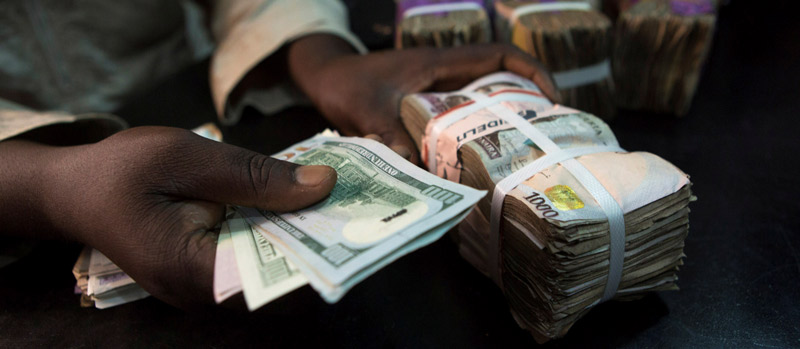
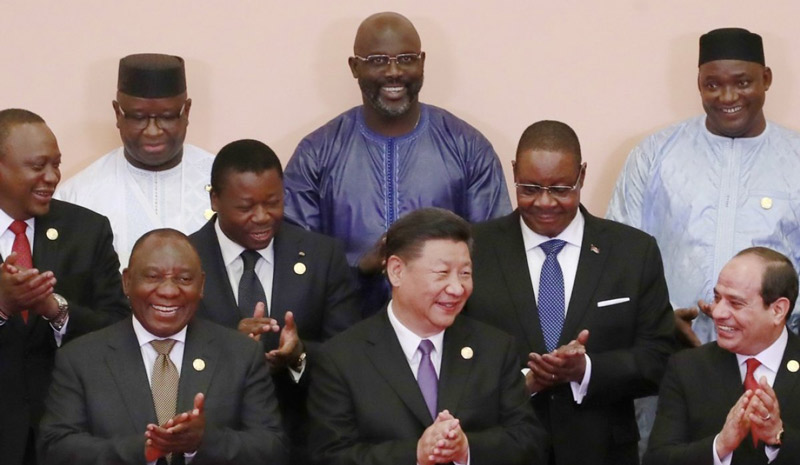

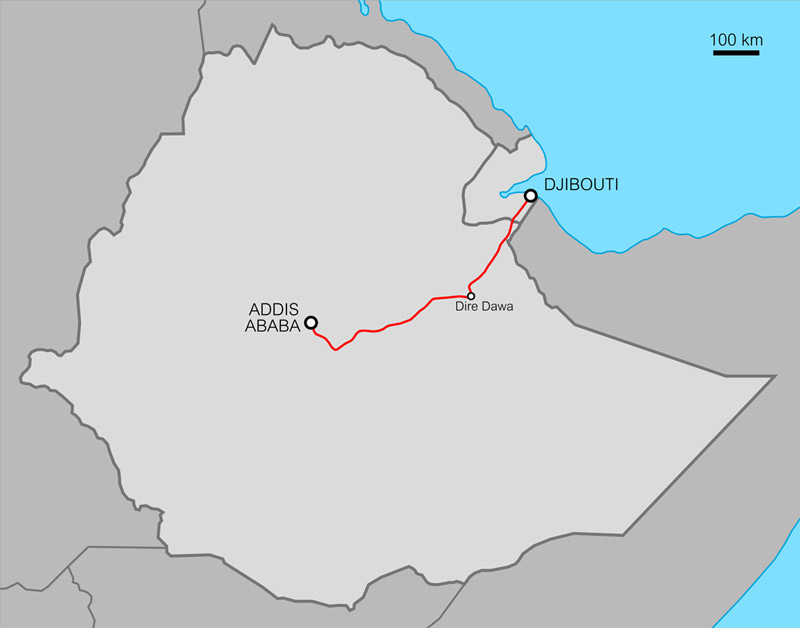
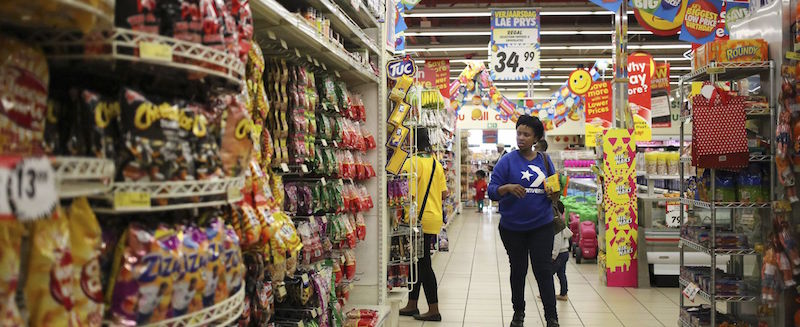
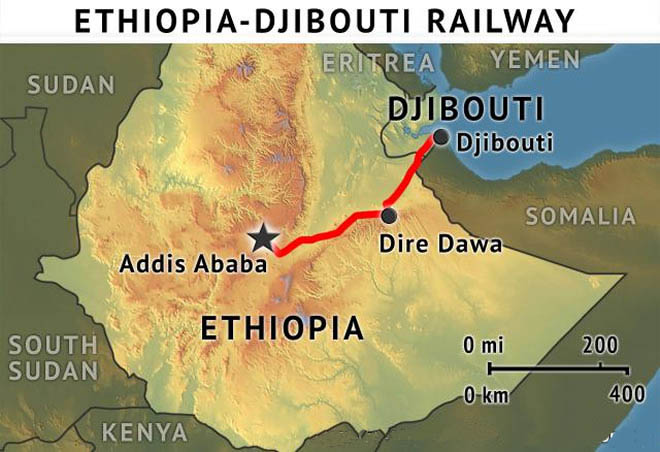
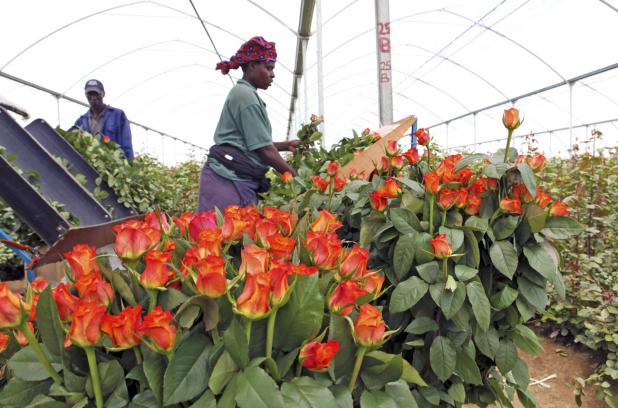
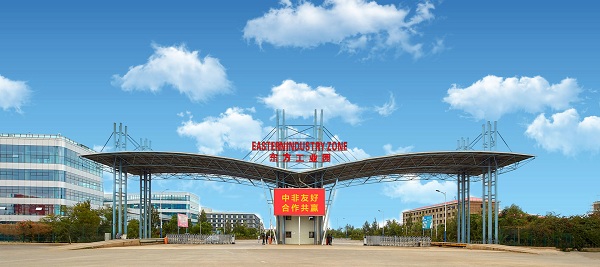

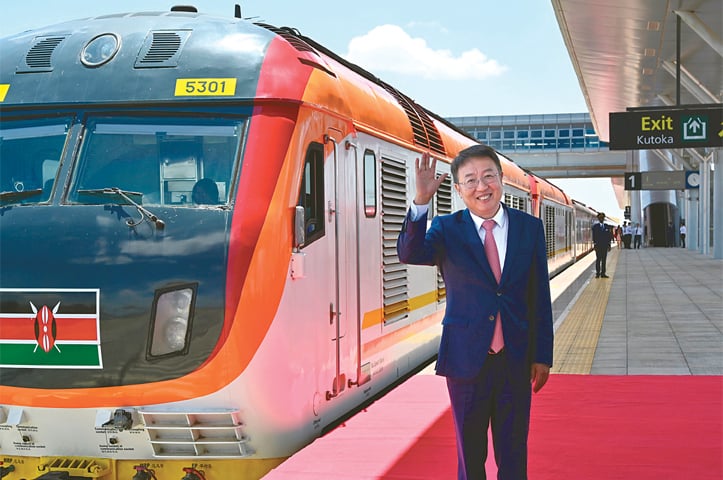
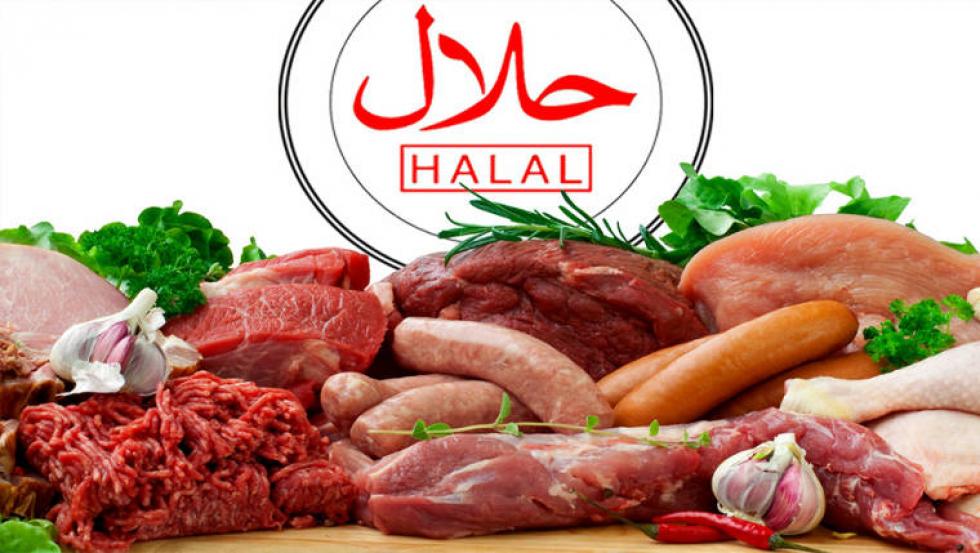
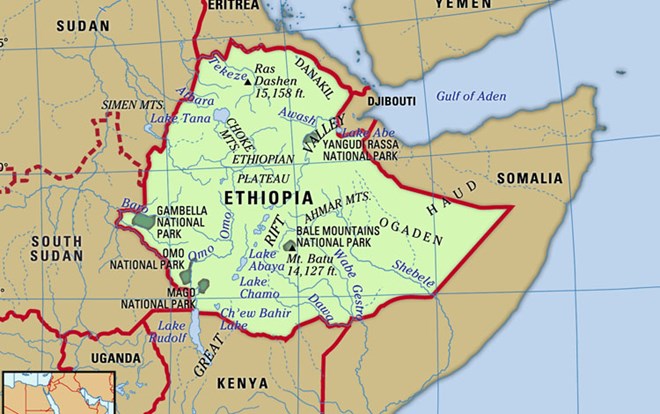
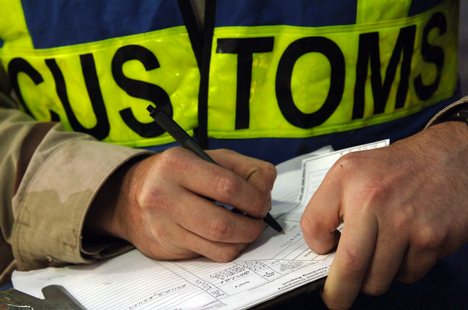

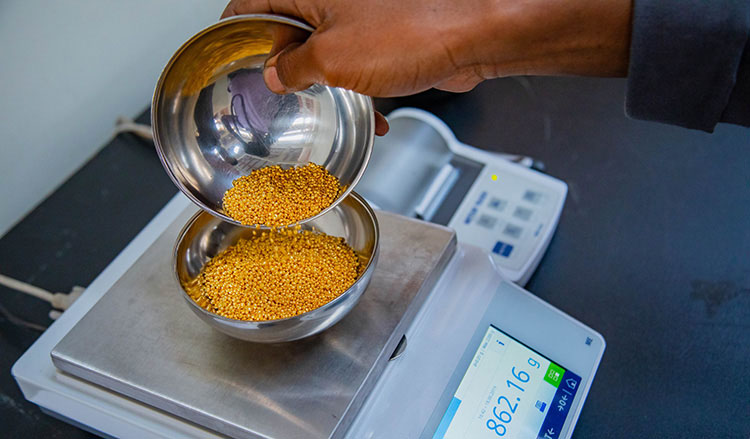
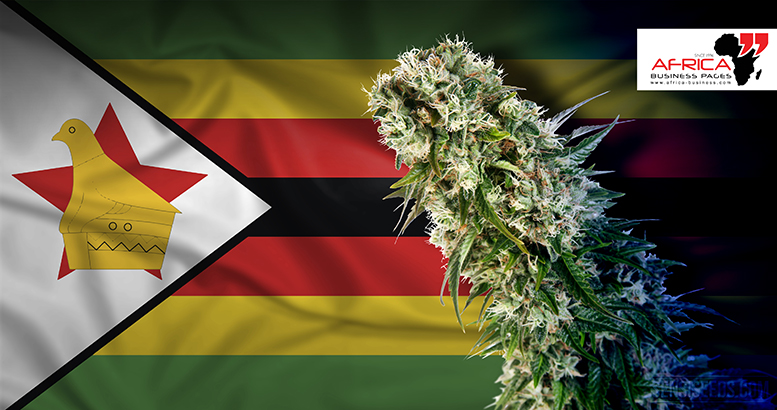

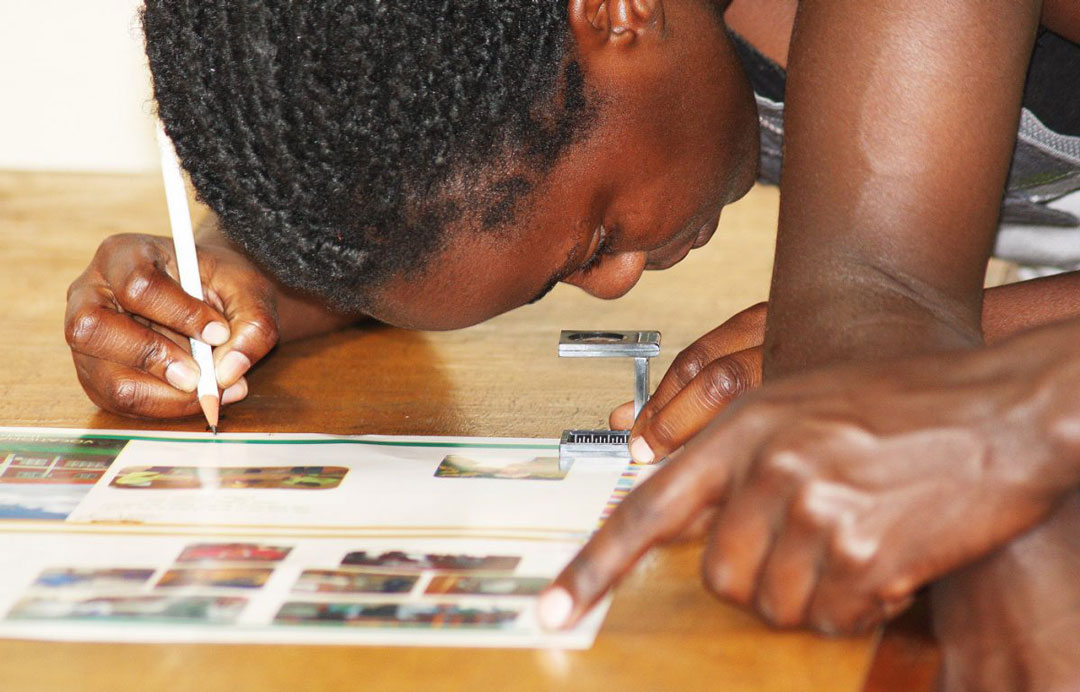



.png)